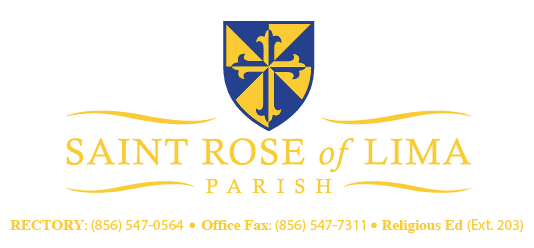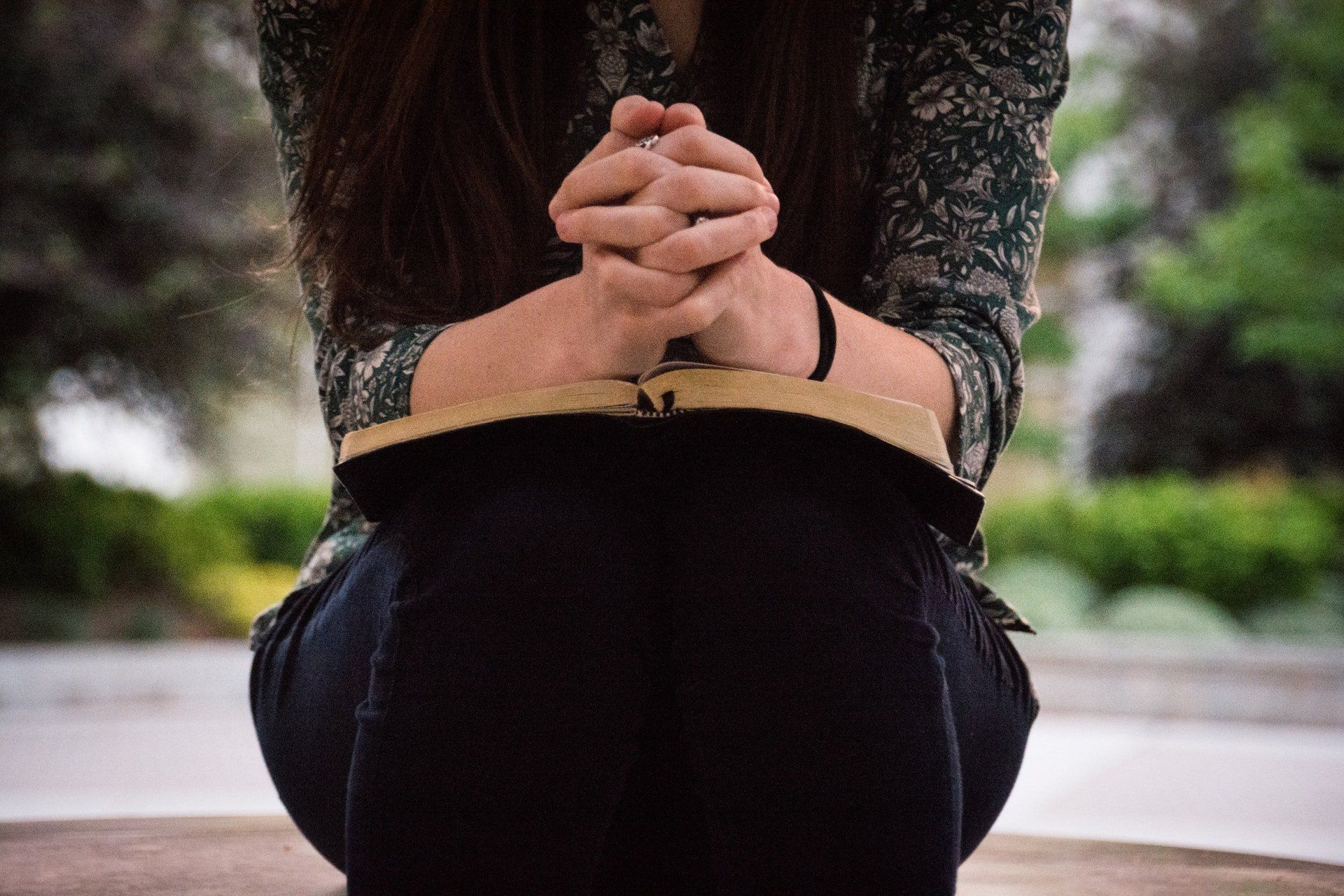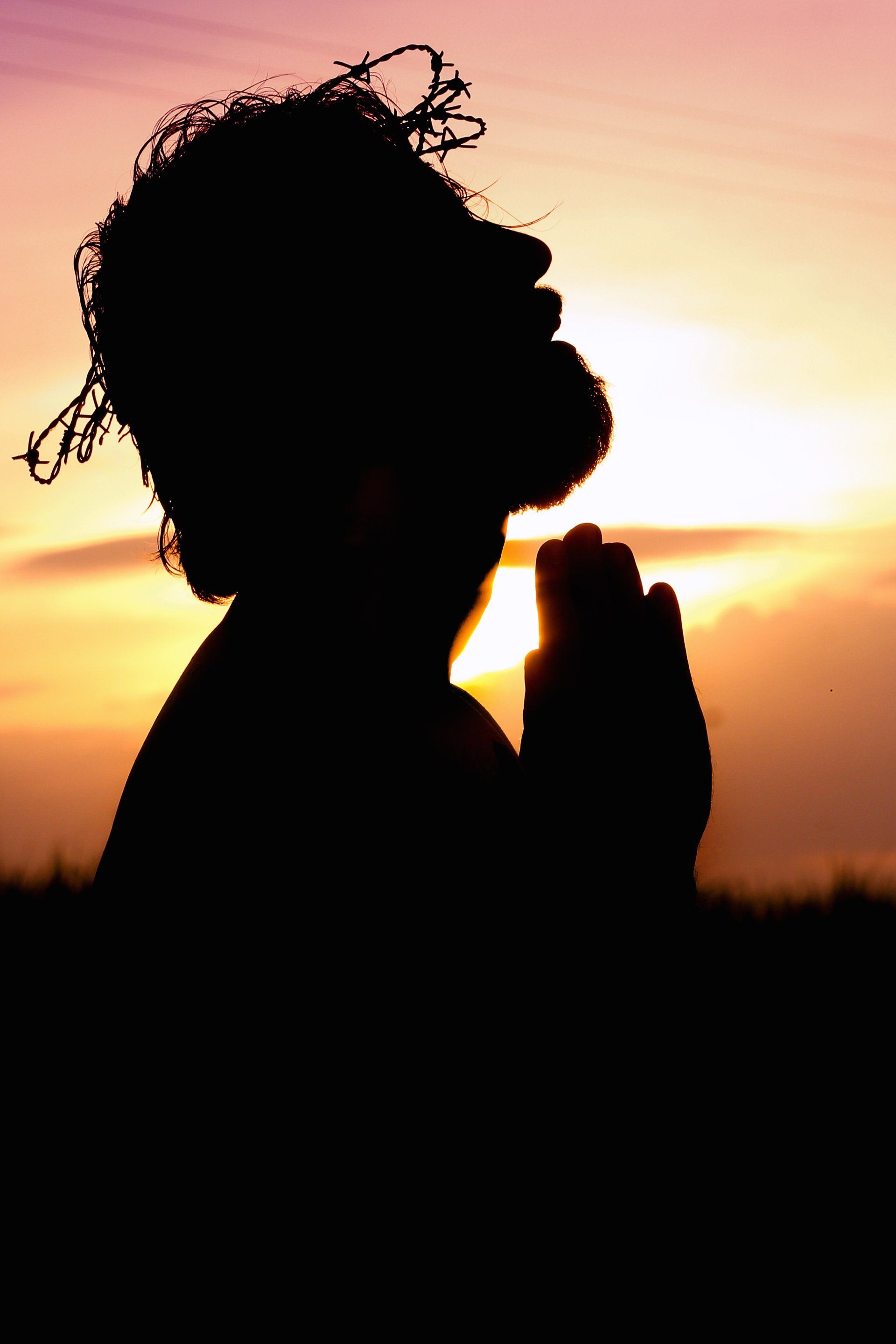BULLETINS
WEEKLY BULLETIN 2024
BLOG

By Fr. Francis
•
24 Mar, 2024
This year, as we enter our holiest week, we read the account of the passion from the Gospel of Mark. In a few days, on Good Friday, we will read the account from John. Among all the cruel and violent persons we hear about in Christ’s suffering last hours, perhaps it is easy to overlook those who were kind. At Bethany, Simon the leper offers him hospitality, and a (nameless to us) woman with an alabaster jar of perfumed oil anoints Jesus. Since Jesus will soon be executed as a criminal, with the possibility of no Jewish funeral rite or burial place, this was a tender moment of deep meaning. She put herself in danger to honor Him and His sacrifice. In Jerusalem, there was Simon of Cyrene who helped carry His cross, and Joseph of Arimathea who courageously asked Pilate for the body of Jesus and laid Him in a new tomb. All of these people, and perhaps more whom we do not know, were glimpses of light in a day of darkness. They were peace amidst the conflict; joy amidst the sorrow; celebration in the midst of tragedy. In other words, they are a sort of allegory to the hope of Easter that was present on Good Friday. So, why talk about this contrast, this dichotomy, today on Palm Sunday? Because this day itself is one of contrasts. Our liturgy, and Jesus’ entry into Jerusalem, began with palm branches and songs of joy and praise for Jesus as King. He is welcomed into the city with shouts of “Hosanna! Blessed is he who comes in the name of the Lord!” He will soon leave the city walls as the lowest of the low: a scourged, half-dead wreck of a man; a criminal set to be executed. In our Mass today, we will re-present His sacrifice, uniting our sins to those of the whole world and uniting our suffering to His. And, in the midst of all the horror, we will celebrate, for Christ will triumph over all of sin and death. There is a catchy little phrase that we might hear spoken of by Catholics – “we are not an either/or people, we are a both/and people.” It generally means that we have the critical reasoning capacity, and the faith, to hold two things in tension without being confused. So, for example, Christ is both divine and human; the kingdom of God is both present and not yet fully realized; the Eucharist is both the appearance of bread and wine and truly Christ’s body, blood, soul, and divinity. And, specific to our worship today, we are both an Easter people, and we live in a Good Friday world. That is to say, we believe that Christ’s death on the cross transformed all suffering and that by His resurrection, we have the promise of eternal life. But, we live in here and now, with all the suffering and evil still present in the world – a world in which we are called to be active witnesses to our faith. Every moment of our lives gives us a chance to be one or other of the type of persons we encountered in the passion narratives. With God’s help, may we be like Simon and the woman at Bethany, Simon of Cyrene, and Joseph of Arimathea – signs of hope in a world that cries out for it.

By Fr. Francis Kim
•
28 Jan, 2024
Too often, we define a prophet as one who sees into the future – a forecaster, or a psychic. But the biblical meaning of this role is someone who interprets the divine will. The prophet delivers God’s message to his/her contemporaries and advocates for adherence to God’s plan. In the first reading, we encounter Moses, God’s prophet who did marvelous deeds in fulfillment of God’s will – leading the Israelites out of Egypt, giving them God’s commandments, and leading them to the brink of the Promised Land. Moses relays God’s message of another, far greater prophet: I will raise up for them a prophet like you from among their kin, and will put my words into his mouth; he shall tell them all that I command him. Further, God would hold accountable those who will not listen to his words. And God did, indeed, send the greatest prophet of all – his Only Begotten Son. In Hebrew, the word for this anointed one is “Messiah.” In Greek, it translates as the “Christ.” The angels confirmed the arrival of this Messiah in their message to the shepherds on the night of Jesus’ birth. The Father confirmed the anointing of Jesus at his baptism in the Jordan and again at his Transfiguration. When Jesus preached, he revealed what the Father wanted him to reveal. Whenever Jesus spoke or performed healings, he did so in harmony with God’s will: “His works and words will manifest him as ‘the Holy One of God’” (CCC 438). In today’s Gospel, we read of one such instance. When Jesus was teaching in the synagogue at Capernaum, the people were astonished at his teaching, for he taught them as one having authority and not as the scribes. And that authority was further manifested when he drove out the unclean spirit from a man. The people were even more astounded that even the unclean spirits had obeyed him. The Church, too, continues to act publicly and authoritatively in the name of Christ. She exists to proclaim the Gospel message. In the name of Jesus, she calls down God’s protection against evil in the rites of initiation. What is the lesson for us in all of this? Perhaps the clue can be found in today’s psalm response: If today you hear his voice, harden not your hearts (Psalm 95:7-8). We are constantly being bombarded with messages, with voices: from marketers and politicians; from friends and foes; from those who spew hate and from those who seek peace; from voices who want us to satisfy our own interests and from those who seek the common good. Let us listen to God’s prophets. Let us focus on those who have God’s words in their mouths. This will take prayer and discernment, but it is possible with God’s grace. In the midst of all the noise, may we always be attentive to the voice of God.
Follow Us
300 Kings Hwy
Haddon Hts, NJ 08035
856-547-0564
Mass Times
Saturday Vigil at 5:30pm,
Sunday at 8:00am, 9:30am, 11:00am
NO Sunday 5:30PM 5/29/22-9/4/22
Daily Mass
Monday- Friday: 6:30am in the Chapel & 8:30am in the church
Saturday: 8:30am in the church
Eucharistic Adoration:
Friday 9:00am - 5:00pm in the chapel
Confessions:
Saturday 9:00am-9:45am and 4:15-5:15, in the church
© 2024
All Rights Reserved | St. Rose of Lima






